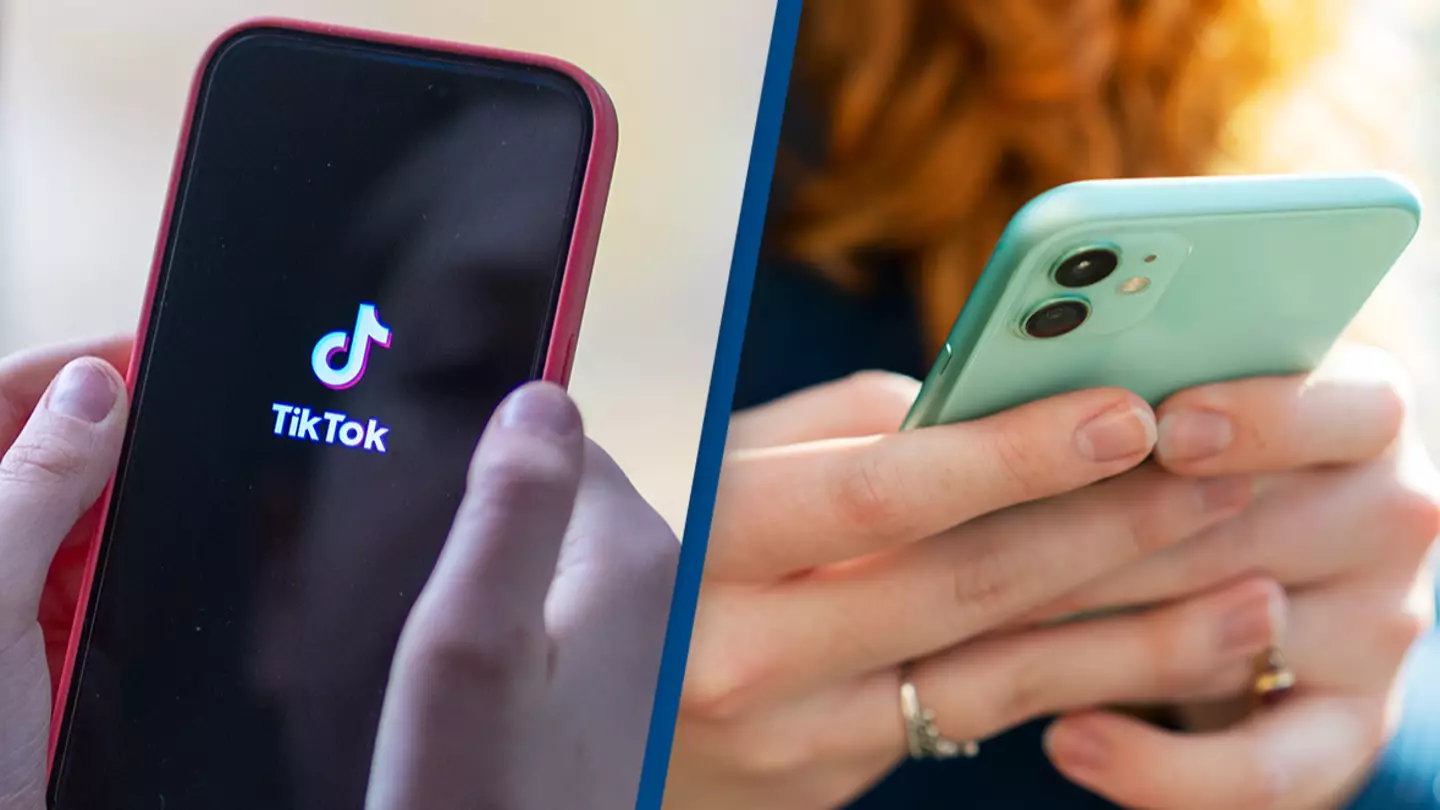The House voted overwhelmingly to pass legislation that will force TikTok to separate itself from its parent company in China or be banned in the United States, a major step toward a crackdown motivated by fears that the popular social media company could be used for spying or manipulation by the Chinese Communist Party.
The House voted 352-65 on Wednesday to pass the Protecting Americans from Foreign Adversary Controlled Applications Act. The bill, introduced by Rep. Mike Gallagher (R-WI), would make it unlawful for app stores or web hosting services to provide services to social media applications owned and operated by the Chinese company ByteDance. This includes TikTok, which is one of the larger social media platforms in the U.S. If TikTok wants to continue operating within the…
Source link
